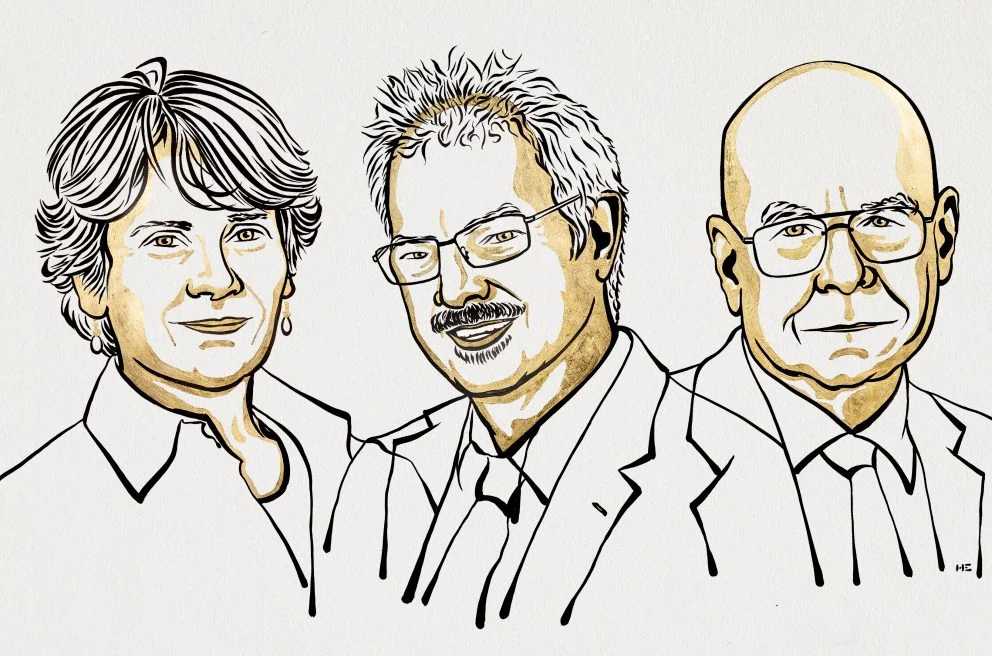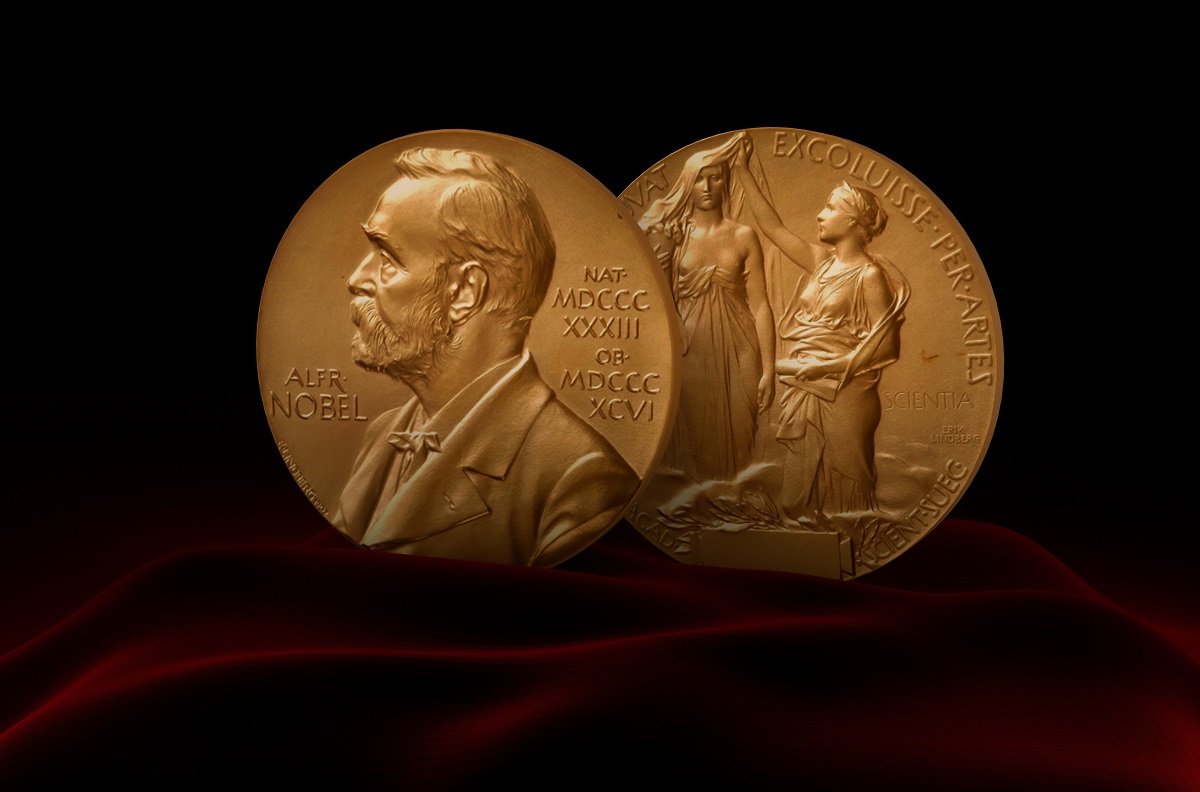Carolyn R. Bertozzi, Morten Meldal and Barry Sharpless were awarded the Nobel Prize in Chemistry for their research on tools for building molecules or “snapping them together” as sites such as DW reported. The Swedish Academy recognised that their findings contribute to the development of processes that simplify functional chemistry and are useful in drug development, DNA mapping and materials production.

Winners of the 2022 Nobel Prize in Chemistry (from left): Carolyn R. Bertozzi, Morten Meldal and Barry Sharpless.
The days from the 3rd to the 10th October 2022 have been earmarked for announcements on the awarding of the most prestigious prizes in the scientific world - the Nobel Prize. Forum magazine has traditionally featured commentaries by experts associated with Charles University. On Monday this week, Professor Viktor Černý shared his view on the “medical Nobel Prize”; a day later, quantum physicist Tomáš Mančal commented on the “physics Nobel Prize” - both for the Czech editions of Forum. The speech below on the Nobel Prize in Chemistry was given by Professor Martin Kotora, from the Department of Organic Chemistry, Faculty of Science, Charles University:
“This year the Nobel Prize was awarded for research in the field of so-called click chemistry. Simply put, it is a process that allows the coupling of selected organic substrates with biomolecules and thus their targeted modification and use in bioorthogonal chemistry (it is a relatively new branch of organic chemistry, dealing with the development of reactions for the study of biomolecules in their natural environment). The advantage of this process is that it can be carried out under essentially physiological conditions - aqueous environment, laboratory temperature, etc. - and can therefore be advantageously used to prepare compounds useful in a wide range of areas of biological and medical sciences.
The origins of this process, which is also called click reaction, date back to the early 1960s when Rudolf Huisgen (a German chemist, an outstanding expert in synthetic organic chemistry, who worked in the post-war chemical departments in Germany and Austria) discovered the thermal reaction of organic azides with alkynes to form a mixture of regioisomeric substituted 1,2,3-triazoles (a nitrogen heterocyclic compound). Today this reaction is called Huisgen cycloaddition.
The main and innovative contribution of B. Sharpless and C. Meldal lies in the detailed elaboration of the click reaction so that only one of the possible isomers is produced in a targeted manner, so that the reaction can be carried out under mild reaction conditions - either with or without catalysis by transition metal compounds (mainly Cu, Ag, Ru based) and with a variety of different substrates. C. Bertozzi has been instrumental in the application of this method to a wide range of life sciences - of particular note is the application to cell mapping. This is of great importance - both for the study and for targeted treatment of cancer.”
One of the laureates - Morten Peter Meldal is a professor of chemistry at the University of Copenhagen, which is part of the international 4EU+ alliance: “I am thrilled and express my great appreciation for the success of our closest colleagues. It is an honour for Charles University to be a 4EU+ partner in such an exceptional company,” Charles University Rector Milena Králíčková said in reaction to the news that Prof. Meldal and colleagues’ research had received the highest recognition.
















